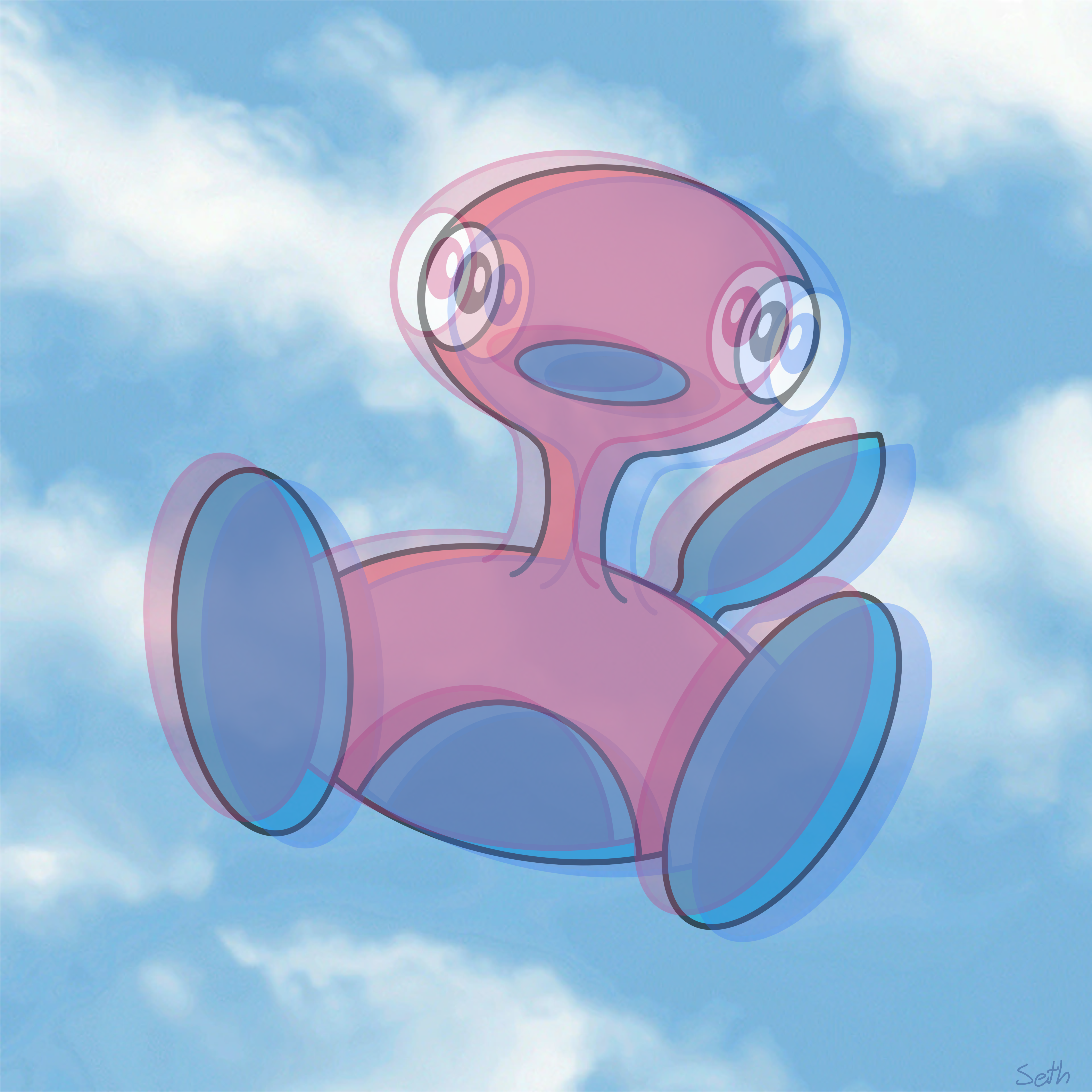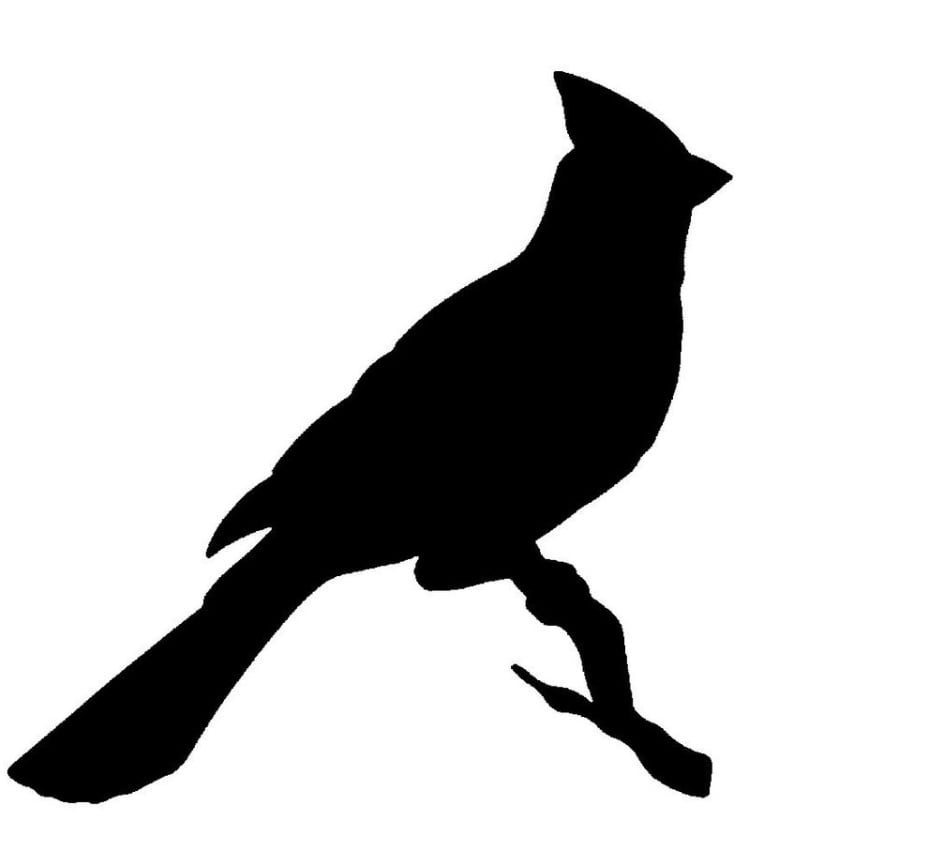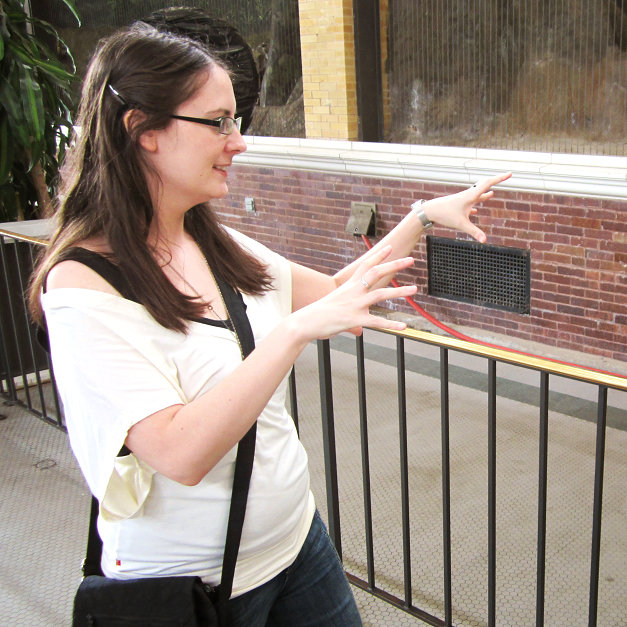Next time something breaks, try repairing it. Pull it apart and look for whats broken, google if you need info or ideas on fixing the problem, and go for it. Worst case scenario you can’t fix something that wasn’t working, best case scenario you’ve saved something from the scrap pile. Either way you’ll have a little bit of knowledge you didn’t already, maybe some skills
Unless it has to do with electrical wiring or anything dangerous. Part of learning to repair is knowing your limits!
Some things are very dangerous even though for inexperienced they might not seem so. Case in point: the microwave. It has a powerful capacitor and if you try taking it apart, it might shock you even when disconnected from power
Never fuck with a microwave, you’re asking to become the path of least resistance for that capacitor to unload through.
Learn a new language. Tons of free resources online. Borrow books or audiobooks from your local library. Make friends with others interested in learning and teaching each other new languages.
This
This is an animated site for teaching you how to tie different knots.
With a piece of string and perhaps a few wooden dowels, you can teach yourself a variety of useful knots for different needs.
Thank you for this rabbit hole.
Touch typing.
Lear how to cook. Just grab a simple online recipe, a bottle of your beverage of choice and try cooking something. It’s a really simple and useful skill acquire.
Having cooked professionally for the last 15 years, I take this for granted sometimes.
It amazes me how many people can’t cook anything more complicated than kraft dinner. I don’t mean to rag on anybody, but it’s a skill you really need to learn if you don’t know how. You’ll save a ton of money and there’s a lot of simple dishes that can impress people.
Agree. The number of people I know who “don’t” cook blows my mind. 75% of my repertoire takes less than 30 minutes of involvement to cook. It’s cheaper, healthier, and a great zen thing that’s totally different from my day job.
For those trying to get started, do a meal kit that involves cooking, and start there. Not having to buy ingredients or plan things out makes it less intimidating.
sailing can be surprisingly affordable if you are a little bit open (so long you don’t expect to do the millionaire’s kind of sailing).
Just head out to the local marina/yacht club and ask around. there’s almost always people out who have a yacht and who are willing to take a newbie on because they could use a set of hands. just be reliable, a good listener, and perhaps not toooooo clumsy.
You will learn sailing obviously. but a lot of secondary skills, too. such as tying knots (that someone already mentioned separately), reading weather, how to use a VHF, engine maintenance, navigation and more.if you are curious, you can lurk around here !Sailing@lemmy.world or at the equivalent /r/ if you want legacy content to peruse.
Programming started as a hobby for me as a teenager. I always “liked computers” so thought I’d give it a try. I never intended to make a career out of it because it seemed so hard at first, but over a decade later, I’m decently accomplished in my field and get paid bank for it.
As a hobby, it’s fantastic. You can add in missing features to open source software you use (including the one I’m posting this to right now!). You can make your own little apps to fill niches you haven’t found an existing program for. You can automate boring stuff from other work. You can make mods for certain types of video games. Or if you’re really ambitious, you can even make a video game (but I gotta tell you, video games are hard and need much more than just programming – I do not recommend making video games as a goal unless you’ve thought out just what that involves).
If you make a career out of it later, cool. But even if you don’t, it’s a fun and rewarding hobby that costs almost nothing. As long as you have a computer (preferably not a mobile phone, though it’s technically possible to use a phone), you can program. Hardware doesn’t generally matter. Any cheap laptop works. All the tools you need have free and often open source ones you can use. You only need to pay for web hosting if you make a web tool and want to share it with others.
It’s not free, but you have to pay for it no matter what, so it kinda is, but cooking. Everyone should learn the basics of navigating a kitchen and the basic terminology.
Singing and dancing are both learnable free. Art in general tends to be cheaper. Usually anyway.
Intellectual skills are all fair game, there’s wide availability online. You need to start with Information Literacy though, to kinda unlock the rest. Otherwise you’ll waste too much time on bullshit.
Can you expand on what you mean by information literacy?
This barely qualifies as a hobby, but at some point I decided to learn how to count in binary on my fingers. It’s handy if you need to hold a number in your head for a bit and can’t write things down, or to count past 10 visually on your fingers for somebody. There are probably YouTube videos on it. I literally can’t remember where I learned, but I practiced a lot when bored in church. It’s relatively non-disruptive and practicing can eat a decent amount of time.
0 materials. Just takes time. Literally free.
I practiced a lot when bored in church
I’ve heard church frowns upon non-binary people. But I had no idea they convert people to binary counting.











